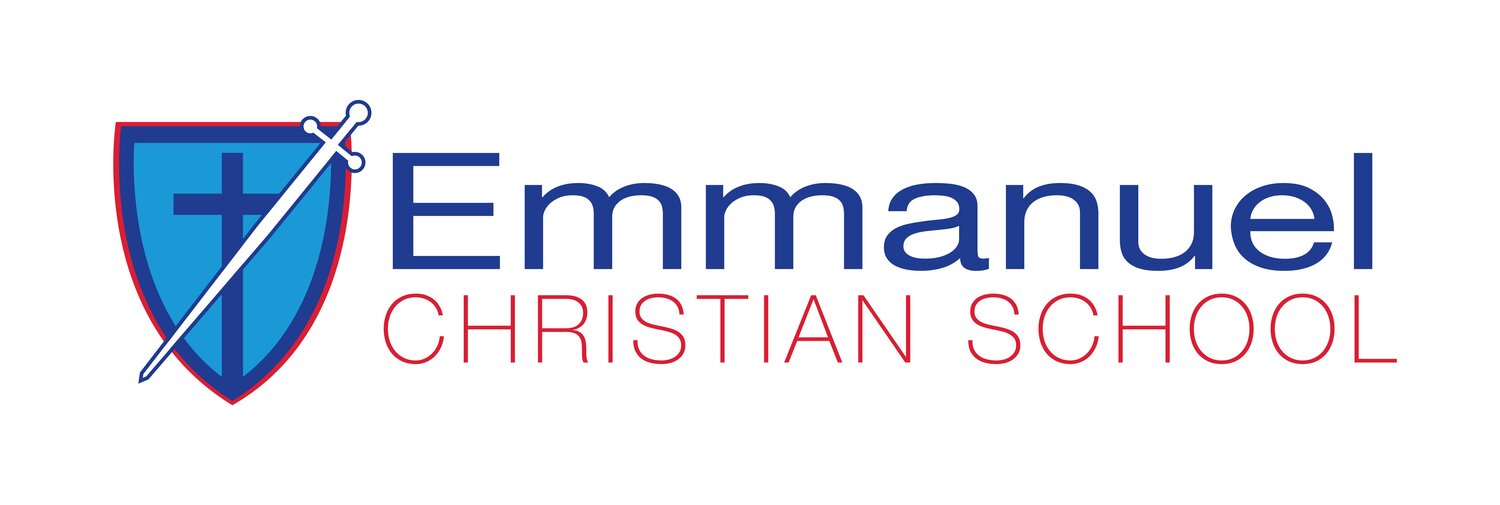“Everyone was amazed and gave praise to God. They were filled with awe and said, “We have seen remarkable things today.” ”
One of my favourite books, when I was younger, was an encyclopedic style book called ‘Tell Me Why’.
Just the cover of the first book was enough to capture my interest as it was full of captivating objects. The other two books in the set were called ‘More Tell Me Why’ and ‘Still More Tell Me Why’.
I was always grateful that my Mum and Dad had interesting objects like this book around the house. This was only one of a few books we had that allowed me to learn at my pace and engage with content because I wanted to.
I used to remember my favourite pages and content. The drawings were not fantastic, multi-coloured creations. From memory, they were simple single colour images. They still were fascinating.
Something that troubles me in our information-saturated age with so much online is that we risk minimising or eradicating the desire to discover exciting things for ourselves. This type of discovery stimulates the desire to learn more and more because you want to, not because you have to.
If I were to set a research project for students and I asked them simply for twenty facts they found interesting and would like to learn more about, I suspect they would google twenty interesting facts and copy some information from some of the pages.
I googled “20 interesting facts”, and along with ‘About 1,050,000,000 results’ which took 0.41 seconds, the webpage titled, ‘The 60 Most Interesting World Facts You'll Ever Hear’ came out on top. The few facts I read from that site were definitely interesting and included these three:
Glaciers and ice sheets hold about 69% of the world's freshwater.
The fastest gust of wind ever recorded on Earth was 253 miles per hour.
Recent droughts in Europe were the worst in 2,100 years.
These are interesting facts. Another interesting fact is that if you were to check every page provided of one billion, fifty million pages of the 0.41-second search, and spent one second per site to see if something was interesting to you, it would take thirty-three years, three months, seven days, eighteen hours and forty minutes to go through all the pages.
We had far fewer good books in our library at home than that. Even America’s Library of Congress, as the largest library in the world, has only a few more than 170 million items.
Google has a ranking and algorithm system that determines what page will be shown in which order. Google kindly, and for a good reason in the context of the internet, tell us what is best for us to read when we do a search.
Don’t get me wrong, I enjoy the internet and the advantages of the research and knowledge base we have today. It just needs to be seen in the light of other possibilities and the possible downside to the overwhelming and electronically curated information out there. Choosing to read something because you want to should still be important.
Interesting, isn’t it?
Scott Winkler — Principal


